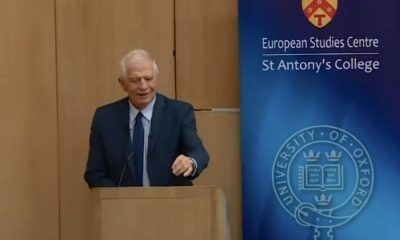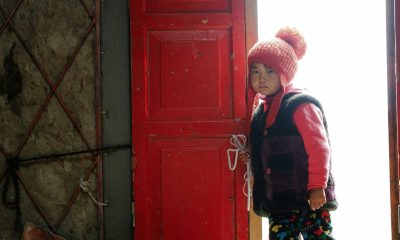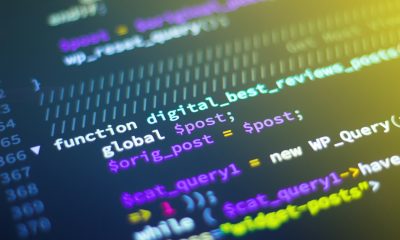koronavirus
Grann Bretay reveye nan fèmen pòt #Coronavirus, konfizyon ap kontinye

 Britain awoke to a virtual lockdown on Tuesday (24 March) after Prime Minister Boris Johnson ordered people to stay at home, shops to close and an end to all social gatherings to halt the spread of coronavirus, ekri Alistair Smout ak Michael Holden.
Britain awoke to a virtual lockdown on Tuesday (24 March) after Prime Minister Boris Johnson ordered people to stay at home, shops to close and an end to all social gatherings to halt the spread of coronavirus, ekri Alistair Smout ak Michael Holden.The unprecedented peacetime restrictions, which will last for at least three weeks, were brought in to prevent the state-run National Health Service (NHS) from being overwhelmed as the number of deaths in Britain rose to 335.
However, social media images showed London Underground trains were still packed with commuters and one large retail chain suggested it wanted to stay open.
There were complaints that the advice was confusing or did not go far enough.
“It is absolutely critical for making sure our NHS is in the strongest position possible to restrict the spread,” Cabinet Office minister Michael Gove told BBC TV.
“That means restricting social contact and following the advice the government has put forward. People must stay at home to protect themselves, to protect the NHS and to save lives.”
The curbs on movement, under which people should only leave their homes for very limited reasons such as going to supermarkets or once a day for exercise, were announced in a national address by Johnson late on Monday (23 March).
He had resisted bringing in lockdowns which other European countries have introduced, but earlier advice for Britons to avoid gatherings was being widely ignored with people flocking to parks and beauty spots.
All but essential shops must close immediately and people should no longer meet family or friends. Police will break up gatherings of more than two people and social events such as weddings, although not funerals, will be stopped.
Gove said stronger measures than £30 ($35) fines for people who flouted the new restrictions could be introduced.
“The police have a range of enforcement tools, and of course fixed-penalty notices and fines are just one of them. If people do persist in behaving in an antisocial way, there are stronger measures that we have,” he told ITV’s Bon maten Grann bretay.
Police said they were working with government to see how the rules could be effectively enforced.
Konfizyon
Not everyone though was abiding by the tough measures. Sports Direct, a sports clothing chain owned by Frasers Group, initially indicated it would defy the order to close but later said it had asked the government for permission to open stores.
Gove said Sports Direct was not an essential shop and should close.
However, there was confusion about who should be allowed to continue going to work and what powers the police had to enforce the new guidance. Gove himself had to correct a mistaken message he gave in an earlier interview that children of divorced or separated children could not move between parents.
Pictures showed the capital’s Underground trains were still crammed with passengers far closer than the 2 meters (6 foot) recommended distance apart and London Mayor Sadiq Khan said he disagreed with the current definition of an essential worker
“There has been a difference of opinion, I’ve got to be frank, between myself and the government on this issue,” he told BBC TV. “But I am quite clear - only if you really have to go to work must you be going to work.”
Finance Minister Rishi Sunak was expected to announce new measures later on Tuesday to help the self-employed so that they would not have to go to work, after critics said the billions of pounds of measures to help businesses announced so far did not protect them.
($ 1 = 0.8582 liv)
Pataje atik sa a:
-

 Komen Etranje ak Règleman Sekirite4 jou de sa
Komen Etranje ak Règleman Sekirite4 jou de saChèf politik etranjè Inyon Ewopeyen an fè yon kòz komen ak UK nan mitan konfwontasyon mondyal la
-

 Iran3 jou de sa
Iran3 jou de saPoukisa apèl palman Inyon Ewopeyen an pou fè lis IRGC kòm yon òganizasyon laterè poko adrese?
-

 Kyrgyzstan4 jou de sa
Kyrgyzstan4 jou de saEnpak Migrasyon Mass Ris sou tansyon etnik nan Kyrgyzstan
-

 Brexit3 jou de sa
Brexit3 jou de saYon nouvo pon pou jèn Ewopeyen yo sou tou de bò Chèn nan

























